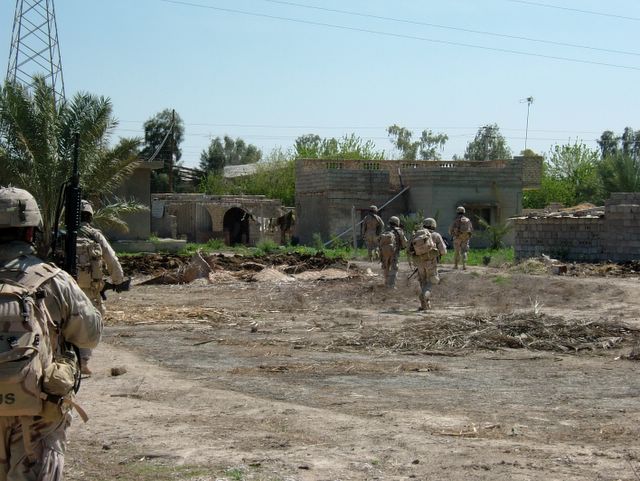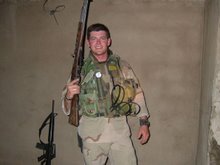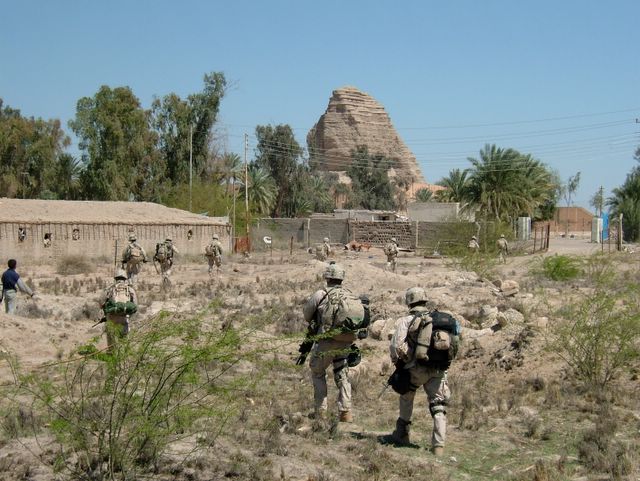Ed "Too Tall" Freeman
Remembering a Hero
From an e-mail I received this morning:
You’re a 19 year old kid. You’re critically wounded, and dying in the jungle in the Ia Drang Valley, 11-14-1965, LZ X-ray, Vietnam. Your infantry unit is outnumbered 8–1, and the enemy fire is so intense, from 100 or 200 yards away, that your own Infantry Commander has ordered the MediVac helicopters to stop coming in.
You’re lying there, listening to the enemy machine guns, and you know you’re not getting out. Your family is half way around the world—12,000 miles away—and you’ll never see them again. As the world starts to fade in and out, you know this is the day.
Then, over the machine gun noise, you faintly hear that sound of helicopter, and you look up to see an un-armed Huey, but it doesn't seem real, because no Medi-Vac markings are on it.
Ed Freeman is coming for you. He’s not Medi-Vac, so it’s not his job, but he’s flying his Huey down into the machine gun fire, after the Medi-Vacs were ordered not to come.
He’s coming anyway.
And he drops it in, and sits there in the machine gun fire, as they load 2 or 3 of you on board.
Then he flies you up and out through the gunfire, to the doctors and nurses.
And, he kept coming back…13 more times…and took about 30 of you and your buddies out, who would never have gotten out.
From Wikipedia:
On November 14, 1965, Freeman and his unit transported a battalion of American soldiers to the Ia Drang Valley. Later, after arriving back at base, they learned that the soldiers had come under intense fire and had taken heavy casualties. Enemy fire around the landing zones was so heavy that the medical evacuation helicopters refused to enter the area. Freeman and his commander, Major Bruce Crandall, volunteered to fly their unarmed, lightly armored helicopters in support of the embattled troops. Freeman made a total of fourteen trips to the battlefield, bringing in water and ammunition and taking out wounded soldiers.
Freeman was sent home from Vietnam in 1966 and retired from the military the next year. He settled in the Treasure Valley area of Idaho, his wife Barbara's home state, and continued to work as a pilot. He used his helicopter to fight wildfires, perform animal censuses, and herd wild horses for the Department of the Interior until his final retirement in 1991.
Freeman's commanding officer nominated him for the Medal of Honor for his actions at Ia Drang, but not in time to meet a two-year deadline then in place. He was instead awarded the Distinguished Flying Cross. The Medal of Honor nomination was disregarded until 1995, when the two-year deadline was removed. He was formally presented with the medal on July 16, 2001, by President George W. Bush.
Freeman died on August 20, 2008 due to complications from Parkinson's disease. He was buried in the Idaho State Veterans Cemetery in Boise.
In the 2002 film We Were Soldiers, which depicted the Battle of Ia Drang, Freeman was portrayed by Mark McCracken. The post office in Freeman's hometown of McLain, Mississippi, was renamed the "Major Ed W. Freeman Post Office" in March 2009.














